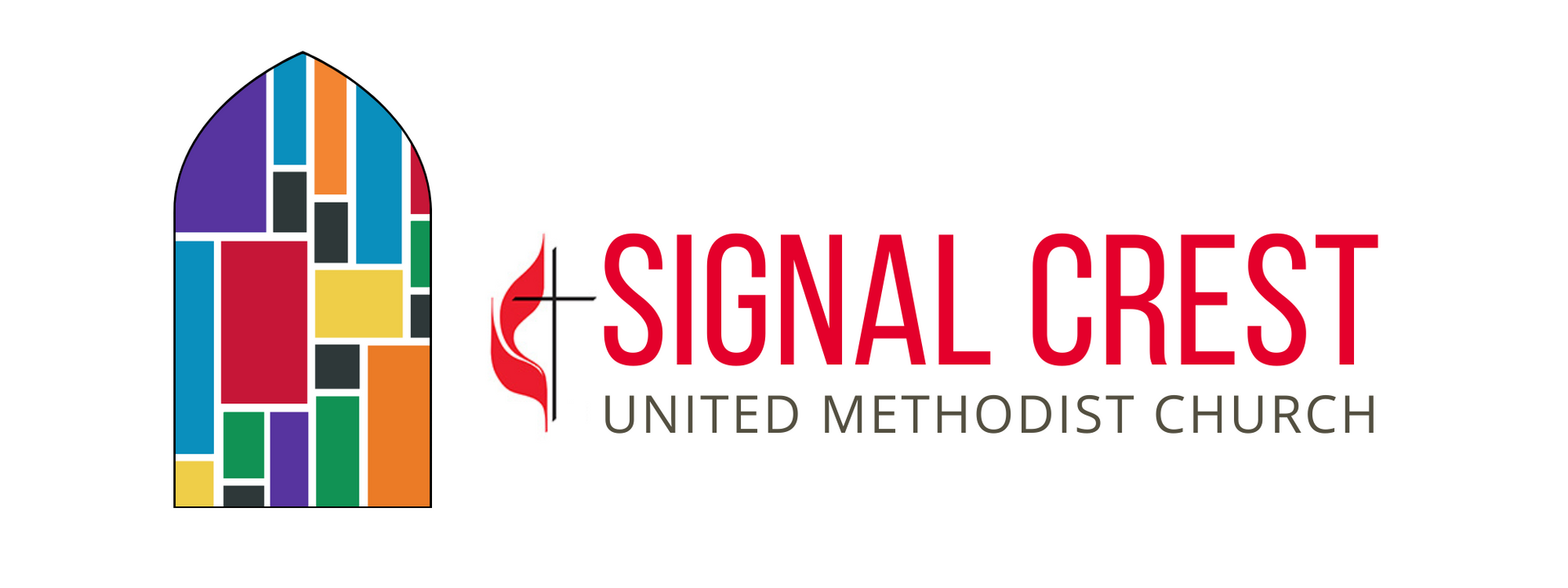Devotional from Pastor Dave August 16, 2023
Gratitude or Grabitude
I’ve enjoyed learning what some of your favorite Bible stories are and preaching on them this
summer. Many of them are some of my own favorite Bible stories, too. One of them is the story
of the healing and conversion of the enemy army commander Naaman. The story is found in 2
Kings 5.
Naaman was the commander of the Syrian army, one of ancient Israel’s enemies. But even
though he was a mighty warrior, he had become afflicted with a skin condition called leprosy in
the Bible. One of the young Israelite girls he had captured served Naaman’s wife. One day, she
said she wished he could be cured by the prophet back home. Well, eventually, her wish came
true. Naaman made his way to the prophet Elisha, who told him to wash seven times in the
Jordan River and his skin would be like that of a newborn baby. Naaman was expecting a more
dramatic demonstration, but reluctantly he dipped in the river the requisite number of times,
and he was healed.
This experience led him to profess his faith in the Lord God of Israel. It also led him to express
his gratitude to Elisha. He offered to pay Elisha for healing him, but the prophet steadfastly
refused. God’s grace is not for sale. So Naaman made his way back home, with a couple of pick-
up truckloads of Israelite dirt as a keepsake along with the prophet’s preemptive pardoning of
his participation in the required religious rites back home.
That’s normally where the story ends. And it’s a great story of God’s grace toward an outsider,
an enemy even, and of his response of faith and gratitude. But the story goes on to tell of
Elisha’s servant, Gehazi, who thought Naaman got off too easy and should have paid up. So he
chased after Naaman and told him that Elisha had changed his mind, that there was company
coming and they could use the extra funds. Naaman was happy to oblige and gave Gehazi
double what he asked, which Gehazi planned to keep to himself. When Gehazi got back to the
city, Elisha asked him where he’d been. He lied and said he’d been nowhere. Just then, the
leprosy that was Naaman’s transferred to Gehazi.
The Gehazi episode makes this already great story even greater. It becomes a study in contrasts
and a reversal of fortune. The enemy outsider Naaman receives an unexpected blessing, while
the intimate insider Gehazi receives an unexpected curse. And what separates them is not so
much their insider or outsider status, but their behavior. One is grateful, the other is greedy.
I can’t remember where I first heard the term “grabitude,” but it was described as the opposite
of gratitude. Gratitude is being grateful for all that God has given you and all that God has done
for you, but grabitude is always wanting more. Like biblical leprosy, grabitude has a way of
getting under your skin and festering and eating away at you, whereas gratitude has a way of
enlarging your soul.
Where do you see an attitude of grabitude in your life? And how might you grow in your
practice of gratitude?

